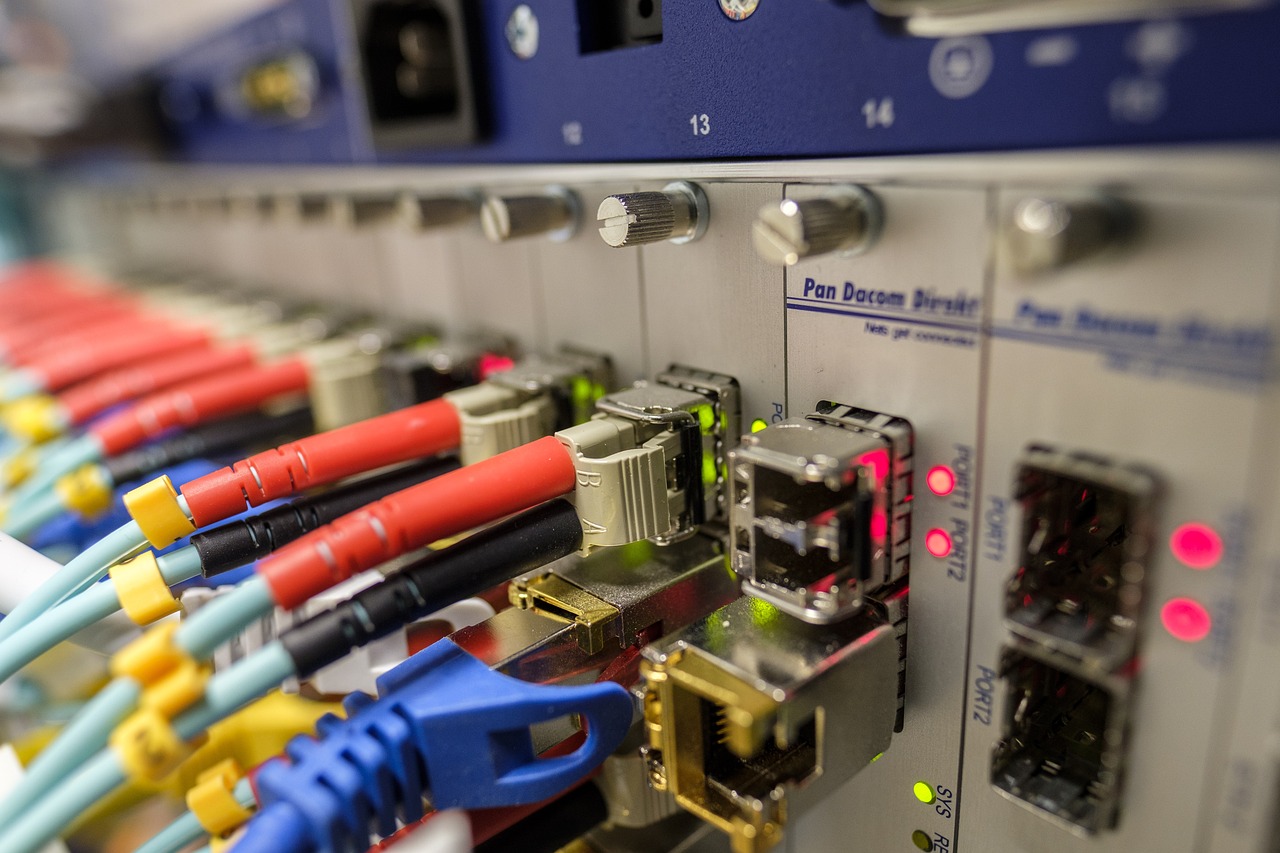Unveiling the Secrets of 5G and its Impact on Data Transmission

Exploring the Basics of 5G Wireless Network Technology
Understanding 5G and How It Works
The evolution from 4G to 5G represents a significant leap in wireless network technology. Unlike its predecessor, 5G operates on higher frequency bands, enabling it to support faster data speeds and lower latency. One of the key features of 5G technology is its ability to utilize millimeter waves, providing an extensive bandwidth for data transmission.
The Benefits of 5G Over Previous Generations
With faster speeds and lower latency, 5G offers a remarkable improvement over previous generations of wireless networks. This means that data can be transmitted almost instantaneously, revolutionizing various industries such as healthcare, transportation, and entertainment. Moreover, 5G boasts an increased capacity for more devices to connect simultaneously without compromising performance.
How 5G is Changing the Game for VR and AR
The integration of 5G technology has ushered in a new era for Virtual Reality (VR) and Augmented Reality (AR), significantly enhancing the capabilities and potential applications of these immersive technologies.
The Role of 5G in Enhancing VR Experiences
Real-time Rendering and Immersive Environments
With the advent of 5G, VR experiences are undergoing a transformation, particularly in terms of real-time rendering and creating truly immersive environments. The high-speed, low-latency nature of 5G enables seamless transmission of large volumes of data, allowing for intricate and lifelike virtual worlds to be rendered instantaneously. This capability not only enhances entertainment experiences but also holds immense promise for fields such as architecture, engineering, and design where realistic visualizations are crucial.
The Future of VR Gaming and Education
As 5G continues to evolve, the future of VR gaming and education appears increasingly promising. With reduced latency and faster data speeds, gamers can expect more responsive gameplay and richer, more detailed environments. Moreover, educational institutions can leverage this technology to offer immersive learning experiences that transcend traditional classroom settings. From interactive history lessons to virtual science experiments, the possibilities are boundless with the integration of 5G into VR applications.
Advancing AR with 5G Connectivity
Improving AR Accuracy and User Interaction
The precision and accuracy of AR experiences have been significantly bolstered by the introduction of 5G connectivity. By harnessing the high bandwidth and low latency offered by 5G, AR applications can deliver enhanced accuracy in overlaying digital information onto physical surroundings. This improvement not only enriches user interactions but also opens up new avenues for practical applications in fields such as navigation, maintenance, and remote assistance.
AR in Retail, Healthcare, and Beyond
In retail settings, 5G-enabled AR is poised to revolutionize the customer experience by offering interactive product demonstrations and personalized shopping experiences. Additionally, within healthcare, AR empowered by 5G can facilitate advanced surgical planning, medical training simulations, and patient education through immersive visualizations.
The Future of 5G: What's Next?
As 5G continues to redefine the landscape of wireless network technology, the horizon is adorned with upcoming innovations that promise to shape the future of connectivity and its societal impacts.
Upcoming Innovations in 5G Technology
The Development of 6G and Beyond
The relentless pursuit of technological advancement has already set the stage for the development of 6G and beyond. While 5G represents a monumental leap forward, ongoing research and development efforts are focused on harnessing even higher frequencies and novel transmission techniques to propel wireless network technology into the next frontier. The potential capabilities of 6G encompass unprecedented data speeds, ultra-low latency, and seamless connectivity across a myriad of devices, laying the groundwork for transformative applications in areas such as autonomous vehicles, smart cities, and advanced telemedicine.
Sustainable and Energy-efficient 5G Networks
In tandem with technological advancements, there is a concerted emphasis on fostering sustainable and energy-efficient 5G networks. As the demand for data transmission escalates exponentially, optimizing energy consumption becomes paramount. Innovations in network infrastructure design, spectrum management, and power utilization are paving the way for eco-friendly 5G networks, ensuring that rapid digital expansion does not come at the cost of environmental sustainability. By integrating renewable energy sources and implementing intelligent network management systems, the quest for sustainable 5G networks is poised to harmonize technological progress with ecological responsibility.
The Global Expansion of 5G and Its Societal Impacts
Bridging the Digital Divide with 5G
The global proliferation of 5G holds profound implications for bridging the digital chasm that separates urban centers from rural communities. By extending high-speed connectivity to remote regions previously underserved by traditional networks, 5G has the potential to narrow the digital divide significantly. This inclusive approach not only fosters equitable access to information and resources but also catalyzes economic development by empowering individuals and businesses in previously marginalized areas.
The Economic and Social Benefits of Widespread 5G Adoption
The widespread adoption of 5G is poised to unleash a wave of economic prosperity while nurturing social progress on a global scale. From enabling innovative entrepreneurship ventures to revolutionizing healthcare delivery through telemedicine solutions, 5G technology serves as a catalyst for multifaceted growth. Moreover, enhanced connectivity facilitated by 5G networks fosters seamless collaboration across borders, propelling cultural exchange, knowledge dissemination, and collective problem-solving endeavors.
See Also
Advantages of Utilizing MTP/MPO Cables for High-Speed Data Transfer
Essential Characteristics of 12-Core MTP Optical Cable for 100G Networks
The Best 3 Fiber Optic Cables for Seamless 8K Data Transfer with HDMI2.1
Improving Indoor Connectivity with FTTR Invisible Fiber Cables
4 Persuasive Advantages of Optical Cable in FTTR for Visible Fiber to Room Installation


